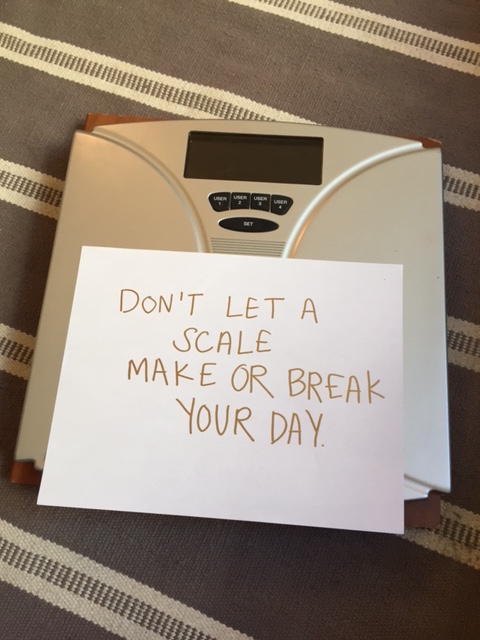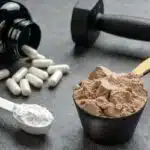Eating Tips from your RDN
by Lisa Mikus, RDN, CNSC & Laura Cipullo Whole Nutrition Services
6 Eating Tips from your RDN:
1) Stop Going Gluten-Free When You Don’t Have Celiac Disease or a Gluten Sensitivity or Intolerance.
Unless you have been diagnosed with Celiac disease or have a gluten sensitivity or intolerance, there is no reason to exclude gluten from your diet. Gluten is a protein found in wheat, barley, and rye. People may be under the presumption that excluding gluten excludes a prominent source of carbohydrates from their diets, which may lead to weight loss, but there are still countless starchy foods that are naturally gluten-free like corn and potatoes for example. You could be missing out on extremely important vitamins and minerals that are enriched in products with wheat flour and other products containing gluten such as iron, niacin, thiamin, and folate.
2) Stop Detoxing.
Detox diets and juice cleanses are intended to help remove any toxins in your system, but your liver is already doing this everyday! One of the liver’s main functions is to naturally detox the body from metabolites that may be harmful in excess such as alcohol. There has been some research on a supplement called milk thistle aiding in detoxification when your liver is already in a state of inflammation or hepatitis. Yet, for the general public, there is no evidence to show that these cleanses and detoxes aren’t beneficial to overall liver function. So give your liver some credit and support its incredible function by staying hydrated, avoiding excess alcohol and eating enough but not stuffing.
3) Stop Following Fad Diets.
In our society, it’s hard to go a day without coming across an article or seeing a commercial about a quick fix diet. Fad diets have been in existence for decades. These diets can lead to a short-term weight loss because they exclude an important and necessary component of a healthy diet such as carbohydrates or fat. A healthy lifestyle will be more sustainable when following a non-diet approach by honoring your hunger and fullness cues. Remember, all foods fit!
4) Stop Obtaining Health Advice from a Nutritionist who isn’t a Registered Dietitian.
It is extremely important to know the difference between a nutritionist and a Registered Dietitian. Anyone can sign up to be a nutritionist after taking a simple online course. Just to prove a point, one of my Dietetics professors signed her cat up as a nutritionist online to demonstrate how easy it is to become a nutritionist! On the other hand, in order to become a Registered Dietitian (RD) or Registered Dietitian Nutritionist (RDN) (they mean the same thing), one must complete a 4-year Bachelor Degree in Nutrition and Dietetics, 1200 hours of supervised practice in clinical, community, food service, and other settings and then pass the Commission on Dietetic Registration Exam. So to ensure you are receiving themost up-to-date and evidence-based health information from a credible source, always look for the RD or RDN credential!
5) Stop Weighing Yourself Multiple Times a Day.
We all know the National Weight Registry’s members encourage weighing daily. But as a RDN, I can tell you, many people do not have a healthy relationship with their scales. Scales measure weight, not fat and not wellness. Your weight changes daily depending on fluids consumed, sodium in your foods and even whether you have had a bowel movement. Don’t give so much credit to this measurement. Look at the bigger picture of your lifestyle and identify what is helping you to achieve wellness and what is not. And please remember, there is no need to weigh yourself more than one time a day. Weighing more than once a day could be a sign of an eating disorder.
6) Stop Thinking One Specific Food Makes Fat.
One food cannot make you gain weight. Consuming more calories than your body needs over a period of time is likely to cause you to gain weight. Refined carbohydrates such as donuts are typically harder to feel full from and thus easy to overeat, but they don’t specifically add fat to your hips. Embrace the all foods fit model and “Eat Kale and Cupcakes!”






